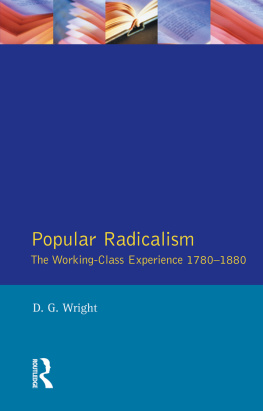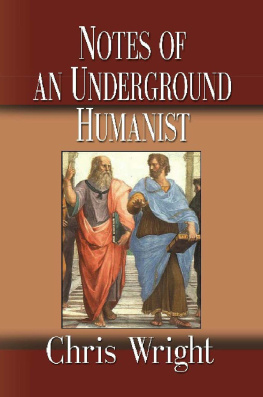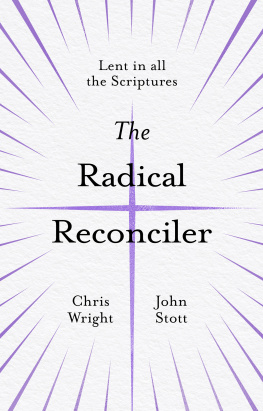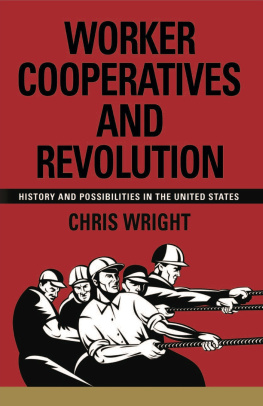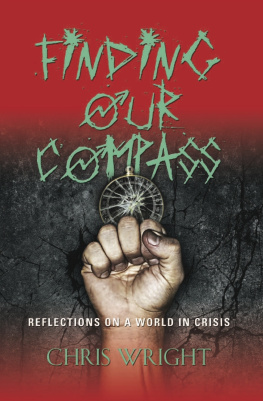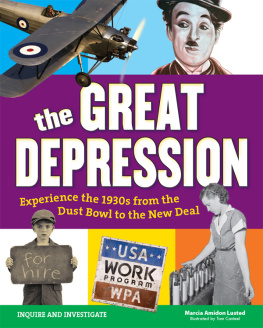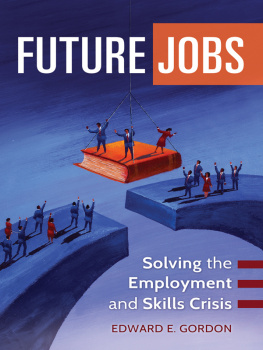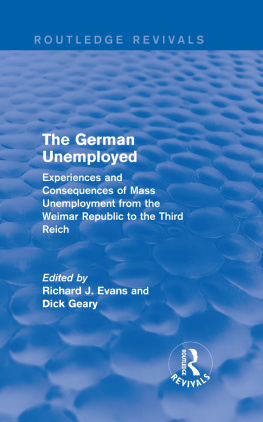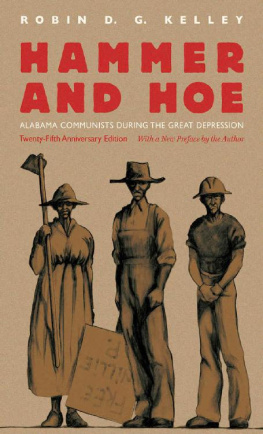POPULAR RADICALISM
STUDIES IN MODERN HISTORY
General editors: John Morrill and David Cannadine
This series, intended primarily for students, will tackle significant historical issues in concise volumes which are both stimulating and scholarly. The authors combine a broad approach, explaining the current state of our knowledge in the area with their own research and judgements; and the topics chosen range widely in subject, period and place.
Titles already published
THE BRITISH IN THE AMERICAS 14801815 Anthony McFarlane
THE TUDOR PARLIAMENTS: Crown, Lords and Commons, 14851603* Michael A. R Graves
FRANCE IN THE AGE OF HENRI IV: The Struggle for Stability (2nd Edn) Mark Greengrass
[LIBERTY AND ORDER IN EARLY MODERN EUROPE*] J. H. Shennan
THE EAST INDIA COMPANY: A History; 16001857 Philip Lawson
POLITICS UNDER THE LATER STUARTS: Party Conflict in a Divided Society 16601715 Tim Harris
A SYSTEM OF AMBITION?: British Foreign Policy 16601793 Jeremy Black
CHILDREN AND CHILDHOOD IN WESTERN SOCIETY SINCE 1500 Hugh Cunningham
POPULAR RADICALISM: The Working Class Experience, 17801880 D. G. Wright
PAX BRITANNICA?: British Foreign Policy, 17891914 Muriel E. Chamberlain
IMPERIAL MERIDIAN: The British Empire and the World 17801830 C. A. Bayly
[WHITE SOCIETY IN THE ANTE-BELLUM SOUTH*] Bruce Collins
IRELAND SINCE 1880: Conflict and Conformity Theodore Hoppen
BRITAIN AND LATIN AMERICA IN THE NINETEENTH AND TWENTIETH CENTURIES Rory Miller
THE HOUSE OF LORDS IN BRITISH POLITICS AND SOCIETY 18151911 E. A. Smith
[VICTORIAN RADICALISM*] Paul Adelman
BLACK LEADERSHIP IN AMERICA: From Booker T. Washington to Jesse Jackson (2nd Edn) John White
COUNTRY BEFORE PARTY: Coalition and the Idea of National Government in Modern Britain, 18851987 G. R. Searle
POOR CITIZENS: The State and the Poor in Twentieth-Century Britain David Vincent
BRITANNIA OVERRULED: British Policy and World Power in the 20th Century David Reynolds
*Titles in the original format; [Titles currently out of print, 1996]
POPULAR RADICALISM
The working-class experience, 17801880
D. G. Wright
First published 1988 by Addison Wesley Longman Limited
Fifth impression 1996
Published 2013 by Routledge
2 Park Square, Milton Park, Abingdon, Oxon OX14 4RN
711 Third Avenue, New York, NY 10017, USA
Routledge is an imprint of the Taylor & Francis Group, an informa business
Copyright 1988, Taylor & Francis.
All rights reserved. No part of this book may be reprinted or reproduced or utilised in any form or by any electronic, mechanical, or other means, now known or hereafter invented, including photo-copying and recording, or in any information storage or retrieval system, without permission in writing from the publishers.
Notices
Knowledge and best practice in this field are constantly changing. As new research and experience broaden our understanding, changes in research methods, professional practices, or medical treatment may become necessary.
Practitioners and researchers must always rely on their own experience and knowledge in evaluating and using any information, methods, compounds, or experiments described herein. In using such information or methods they should be mindful of their own safety and the safety of others, including parties for whom they have a professional responsibility.
To the fullest extent of the law, neither the Publisher nor the authors, contributors, or editors, assume any liability for any injury and/or damage to persons or property as a matter of products liability, negligence or otherwise, or from any use or operation of any methods, products, instructions, or ideas contained in the material herein.
ISBN 13: 978-0-582-49440-4 (pbk)
BRITISH LIBRARY CATALOGUING IN PUBLICATION DATA
Wright, D.G.
Popular radicalism : the working-class experience, 17801880. (Studies in modern history).
1. Labor and laboring classes England Political activity History 2. Radicalism England History
I. Title II. Series
323.32 HD8395
LIBRARY OF CONGRESS CATALOGING-IN-PUBLICATION DATA
Wright, D. G.
Popular radicalism.
(Studies in modern history)
Bibliography: p. 191
Includes index.
1. Labor and laboring classesGreat BritainPolitical activityHistory. 2. Great BritainPolitics and government18th century. 3. Great BritainPolitics and government19th century. I. Title. II. Series: Studies in modern history (Longman(Firm))
HD8395.W75 1988 322.20942 874093
ISBN 0-582-49440-0
This book is thematic in that it focusses on political radicalism: attempts, predominantly by the English working class, to bring about changes in political power and the nature and role of the state, mainly in order to redress their economic and social grievances. To that extent it is basically an exercise in political history, rather than being in any sense a social and economic history of the making of the English working class, a task recently and splendidly performed by Eric Hopkins in his A Social History of the English Working Classes (1979), by John Rule in The Labouring Classes in Early Industrial England (1986) and by Richard Price in Labour in British Society (1986). Nor is it offered as a work of original scholarship, but rather as a general synthesis based almost entirely on the research of fellow historians. The aim is to assist students to find their way through the various debates and controversies which have enlivened the historiography of popular radicalism, as well as to tackle the major historical monographs and learned articles which have been gutted not too brutally and misleadingly I trust in the following pages.
A preface provides a welcome opportunity to acknowledge obligations which all historians necessarily and gratefully incur. Thanks are owed to my MA in History students at Huddersfield Polytechnic, who have taught me more than they perhaps realize; to the Dean of Research for helping to finance visits to the Public Record Office and the British Library; to my colleagues Philip Woodfine and Keith Laybourn for sharing with me their expertise on eighteenthand later-nineteenthcentury labour movements respectively; to Albert Goodwin and Clive Emsley for teaching me a great deal about the effects of the Revolutionary and Napoleonic Wars on British society; to Harry Dickinson for inviting me to present my views on Chartism to the seminar in Modern British and European History at Edinburgh University; to David Cannadine and John Morrill of Cambridge for much encouragement, as well as penetrating, though always courteous and helpful, editorial criticism. And finally to my wife Valerie for tolerating, despite considerable ill-health, the absences and silences involved in writing this book.
Shipley
August 1986
In his Progress in Pudsey, published in 1887, Joseph Lawson, a sixtyfive-year-old former woollen manufacturer and Chartist, complained that one serious fault in most of the histories we read when young, and which deeply impressed us at the time, was the everlasting scribble about the kings and queens, nobles and dukes, generals and their feats in various battles, and the consequent wholesale suffering, murder and death. There was very little about the large masses of the people what they were thinking, doing and suffering. Were Lawson writing a century later, he could make the same complaint, for it is really only during the last thirty years that there has appeared a daunting, if extremely stimulating, amount of research and writing on the large masses of the people. Nowadays there is as much, if not more, research concerned with history from below as with history from above, especially with the emergence of social history as a distinct discipline, rather than being the subordinate of economic history.

